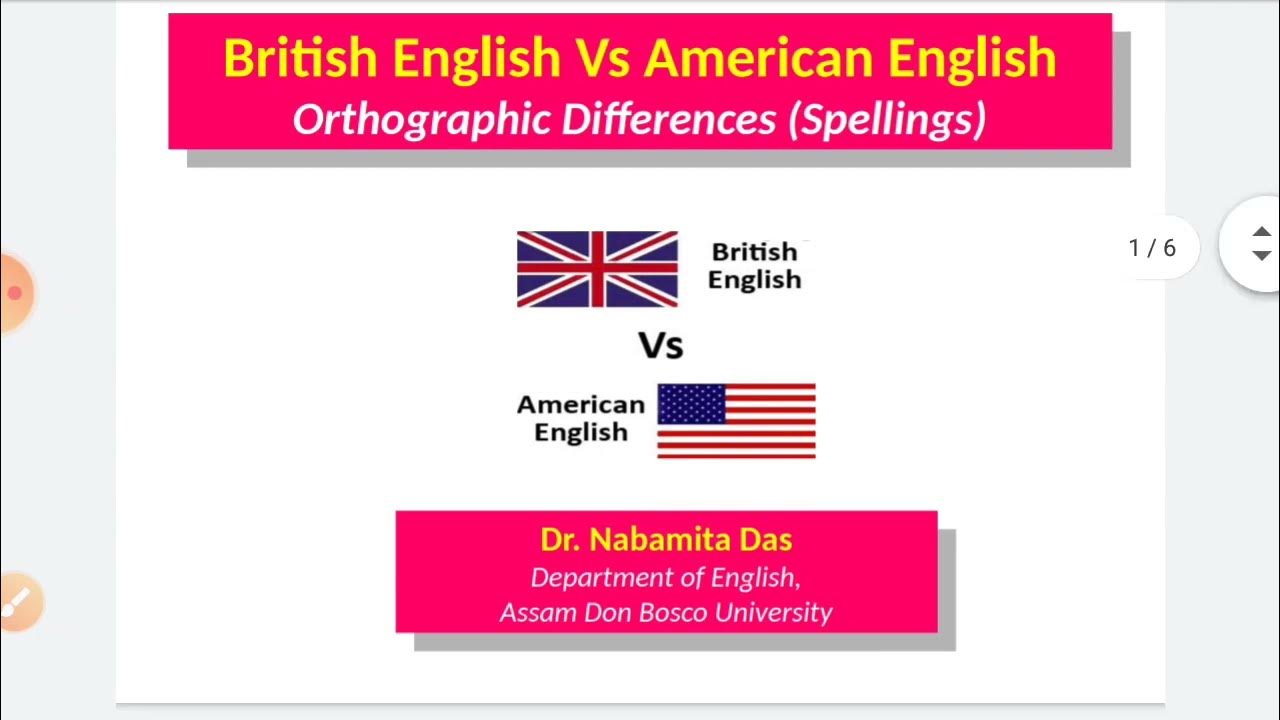NÃO DIGA "KKK" PARA UM AMERICANO!
Summary
TLDRIn this video, the speaker discusses the cultural differences in the use of abbreviations like 'kkk' in Brazil and the U.S. They explain how 'kkk' is a common internet acronym for laughter in Brazil, but in the U.S., it has a deeply negative association with the Ku Klux Klan, a racist terrorist group. The speaker highlights how such cultural nuances can lead to misunderstandings, especially for those unfamiliar with these variations. The video also touches on other language-related issues, offering tips for learning English and clarifying common miscommunications.
Takeaways
- 😀 'KKK' is commonly used in Brazil to represent laughter, similar to 'lol' in English.
- 😀 In the United States, 'KKK' is associated with the Ku Klux Klan, a notorious hate group.
- 😀 There can be confusion when Brazilians use 'KKK' in a message that an American reads, due to this cultural difference.
- 😀 The speaker recalls teaching Portuguese to their father and how he reacted to the 'KKK' abbreviation in a comment.
- 😀 The Ku Klux Klan is a deeply problematic and hateful organization in U.S. history, primarily targeting African Americans.
- 😀 The speaker emphasizes that 'KKK' in the U.S. represents a terrorist group and is associated with extreme racism.
- 😀 The misunderstanding about 'KKK' demonstrates a significant cultural difference in how abbreviations are perceived in Brazil and the U.S.
- 😀 The speaker compares 'KKK' with other abbreviations like 'bjs' (which means 'kisses' in Portuguese), highlighting similar confusions in communication.
- 😀 To avoid misunderstanding, it's important to be aware of cultural differences when using abbreviations in different languages.
- 😀 The speaker invites viewers to explore a private group for more tips on learning English and clarifies the purpose of these cultural discussions.
Q & A
What is the speaker's main topic in the script?
-The speaker primarily discusses the misunderstanding of abbreviations, focusing on the difference between the Brazilian use of 'KKK' and its negative connotations in the United States, particularly related to the Ku Klux Klan.
Why does the speaker mention 'KKK'?
-The speaker mentions 'KKK' to highlight how this abbreviation, which is commonly used in Brazil for laughter ('hahaha'), can have a very different, deeply negative meaning in the United States due to its association with the Ku Klux Klan.
How does the speaker describe the abbreviation 'KKK' in the Brazilian context?
-In Brazil, 'KKK' is simply an abbreviation for laughter, similar to 'hahaha' in English, and is considered harmless and humorous.
What is the significance of 'KKK' in the United States, according to the speaker?
-In the U.S., 'KKK' refers to the Ku Klux Klan, a historically violent and racist group, particularly targeting African Americans. The speaker emphasizes that the abbreviation carries a negative and sensitive historical context in the U.S.
What example does the speaker provide to explain the misunderstanding of 'KKK'?
-The speaker shares an anecdote about teaching Portuguese to their father, who was confused upon seeing 'KKK' in a comment, not understanding the humorous connotation in Brazil but associating it with the Ku Klux Klan in the U.S.
How does the speaker suggest Americans might interpret 'KKK' when used in a Brazilian context?
-The speaker suggests that Americans might misinterpret 'KKK' as referring to the Ku Klux Klan, which could lead to confusion or offense, as the term is tied to a historical group known for its racism and violence.
What is the speaker's tone throughout the transcript?
-The speaker's tone is informal, conversational, and humorous. They use laughter ('kkk') throughout the script, maintaining a lighthearted approach while addressing the topic of cultural misunderstandings.
Why does the speaker mention 'BJS' in the transcript?
-The speaker briefly mentions 'BJS' as another example of an abbreviation that could cause confusion in different languages, suggesting that language learners should be aware of such differences to avoid misunderstandings.
What educational value does the speaker offer in the script?
-The speaker educates the audience about cultural sensitivities related to language, specifically the use of abbreviations, and advises language learners to be mindful of how certain terms or symbols can have varying meanings in different cultures.
How does the speaker encourage the audience to learn more?
-The speaker invites the audience to join a private group and access more language learning tips by following a link in the description, offering additional insights for improving English skills.
Outlines

This section is available to paid users only. Please upgrade to access this part.
Upgrade NowMindmap

This section is available to paid users only. Please upgrade to access this part.
Upgrade NowKeywords

This section is available to paid users only. Please upgrade to access this part.
Upgrade NowHighlights

This section is available to paid users only. Please upgrade to access this part.
Upgrade NowTranscripts

This section is available to paid users only. Please upgrade to access this part.
Upgrade NowBrowse More Related Video

Arte - Estudos culturais: Relações culturais (A0712)

The California Dialect

Orthographic Differences II American English Vs British English

WEIRD MALAYSIAN HABITS | Unusual Things Malaysians Do

English Punctuation Guide - English Writing Lesson

As Fronteiras e os territórios nacionais e Mundiais – Geografia – 8º ano – Ensino Fundamental
5.0 / 5 (0 votes)